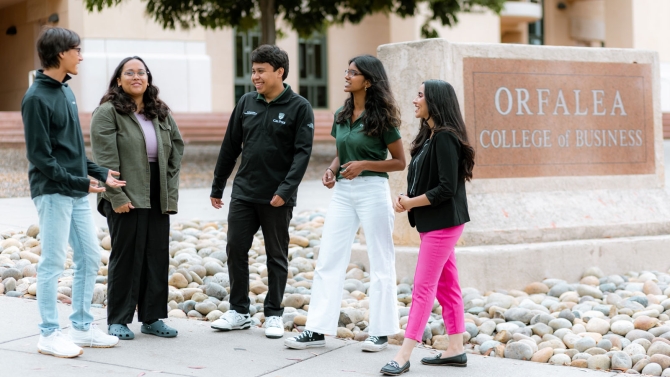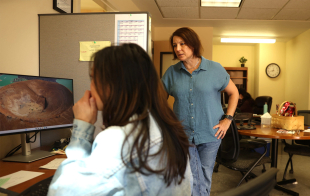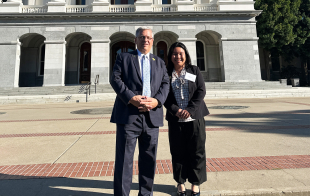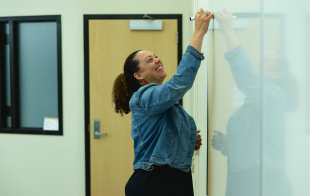Transformational, Experiential Education
Our learning experience, incorporating real-world business activity with essential technology and top-notch faculty, creates a thriving academic enterprise that effectively transitions students into careers. Located at a university renowned for technical education in California, the Orfalea College of Business offers many opportunities for cross-disciplinary learning in an environment that welcomes students from all backgrounds.
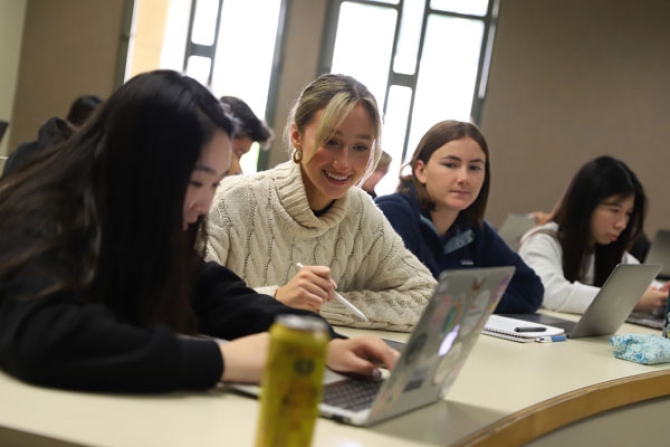
Undergraduate
Encompassing a wide array of disciplines in the business industry, we offer three majors and
nine concentrations that delve deeper into
relevant topics.
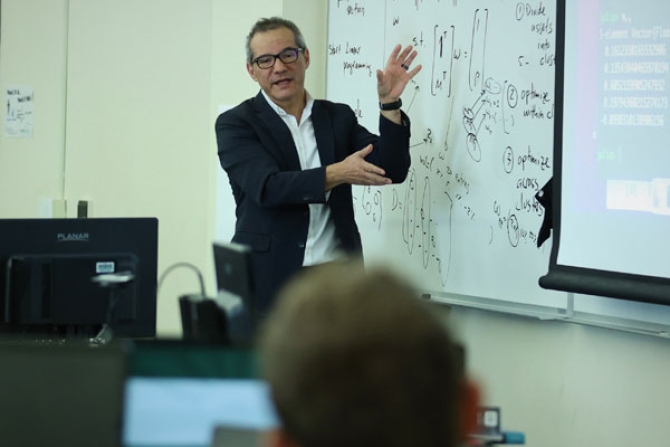
Graduate
Preparing our students for an increasingly competitive business environment, we offer students advanced learning with master’s degrees that can be obtained in as little as a year.
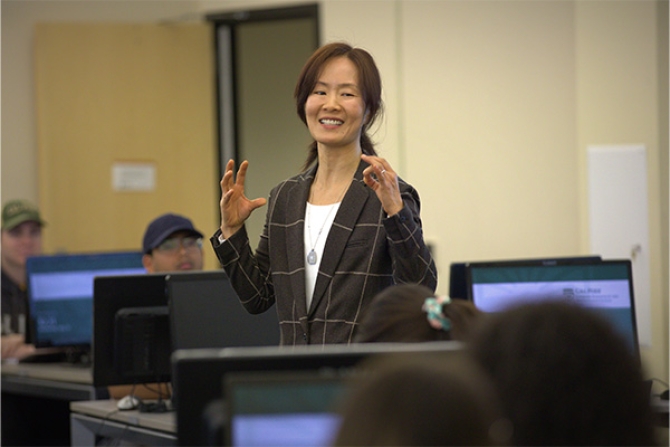
Faculty
The faculty at the Orfalea College of Business offer a wide range of industry experience and scholarly research, and they use the most current technology and teaching methods to give our students and edge in a competitive workforce.
Student Services
Unique to our college, the Student Services program helps students succeed in school while preparing them for their careers with both peer mentors and professional staff.
Inclusive Excellence
Creating and sustaining a diverse university community
To help make everyone feel they belong at the Orfalea College of Business, we foster a welcoming atmosphere that is proactive in helping underrepresented students experience success.
